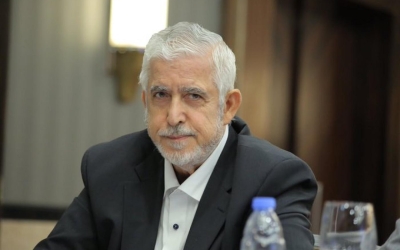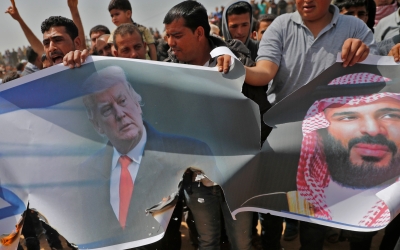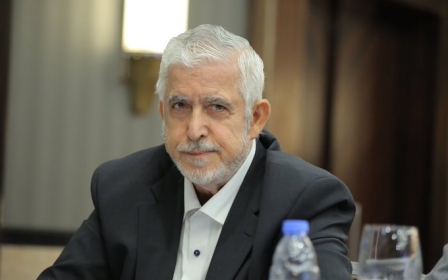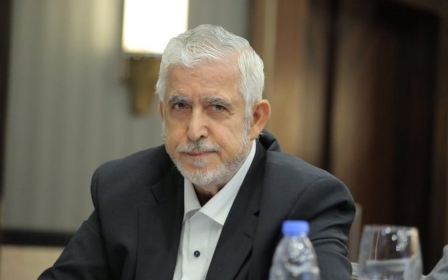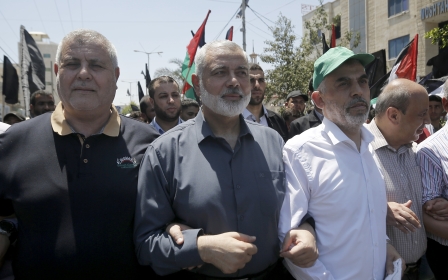Hamas members denied access to lawyers in Saudi 'terrorism court'
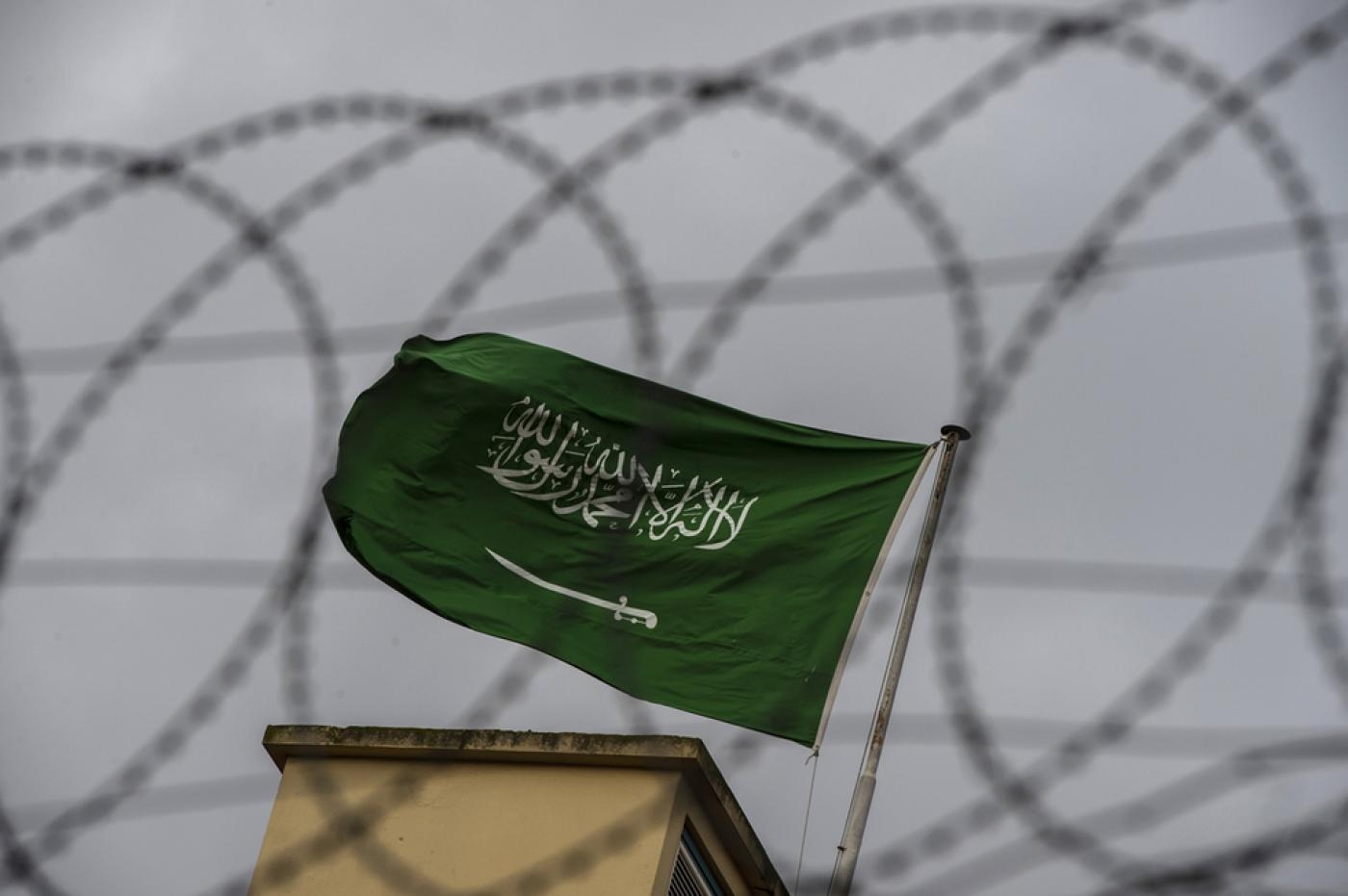
Dozens of Palestinians and Jordanians who were arrested in Saudi Arabia for their alleged ties with Hamas have been denied access to lawyers and charged in swift hearings in groups of five.
A source within the Hamas leadership told Middle East Eye on Thursday that chaos had ensued in Riyadh's "special terrorism court" when 68 Palestinian and Jordanian citizens faced trial on Sunday.
The kingdom's public prosecutor issued several charges against the detainees, including "joining a terrorist entity, financing a terrorist entity, and covering up information," in reference to the Palestinian group based in Gaza.
The source said that each the sessions was quick, with the detainees denied the opportunity to defend themselves and barred from accessing attorneys and having family visits.
Hossam Badran, a member of Hamas' political bureau, told MEE that the group had not undertaken any actions that might have jeopardised its relationship with the kingdom.
New MEE newsletter: Jerusalem Dispatch
Sign up to get the latest insights and analysis on Israel-Palestine, alongside Turkey Unpacked and other MEE newsletters
He said the charges against the accused were unjust, adding that the movement had exhausted every effort to try and resolve the situation.
'Unjust'
Hamas was established in 1987 and is generally viewed in the Arab world as a legitimate resistance movement against Israel’s occupation of Palestinians lands.
A number of its founders and close associates have lived in the kingdom where large donation campaigns were launched for the movement, some with official Saudi blessings.
But the kingdom's relationship with the Gaza-based faction appears to have soured since the election of US President Donald Trump, a staunch supporter of Israel.
In May 2017, during an Arab-American summit held in Riyadh, Trump called Hamas a terrorist group. About year later, in February 2018, Saudi Minister of Foreign Affairs Adel al-Jubeir followed suit, a move Hamas denounced at the time as a dangerous precedent.
After Sunday's mass trials, Hamas issued a statement denouncing the proceedings as "unjust," saying it was closely following the situation.
"The Palestinians arrested by the Saudi state security police have committed no crime other than having the honour of defending Jerusalem and Al Aqsa Mosque," the statement said.
'Political, not judicial'
Among those arrested was Muhammed al-Khoudary, 82, who managed Hamas' relationship with Saudi Arabia for about two decades.
Abdul Majed, Muhammed al-Khoudary’s brother, who lives in the besieged Gaza Strip, described the trials as "comical and absurd."
Abdul Majed told MEE that the Saudi indictment did not indicate what a "terrorist entity" is, or whether the entity was operating against the kingdom.
He said the accused would next appear in court on the 12th of Ramadan, which corresponds to 5 May.
Hamza Abu Shanab, a political analyst with close ties to Hamas, described the proceedings as "political, not judicial."
He said the majority of Palestinian and Jordanian detainees had lived in Saudi Arabia for many years, some of whom were born on its territory, and practiced charitable work with the knowledge and coordination of the Saudi authorities.
Last year, the Euro-Mediterranean Human Rights Monitor expressed deep concern for the cases of at least 11 Palestinians, arguing that there was "no legal basis for detaining these people without informing their families of their whereabouts by the Saudi authorities."
According to the monitor, the kingdom is holding thousands of prisoners, including many on political grounds, in Dhahban, where human rights activists say many are subjected to torture, humiliation and abuse.
Middle East Eye delivers independent and unrivalled coverage and analysis of the Middle East, North Africa and beyond. To learn more about republishing this content and the associated fees, please fill out this form. More about MEE can be found here.


